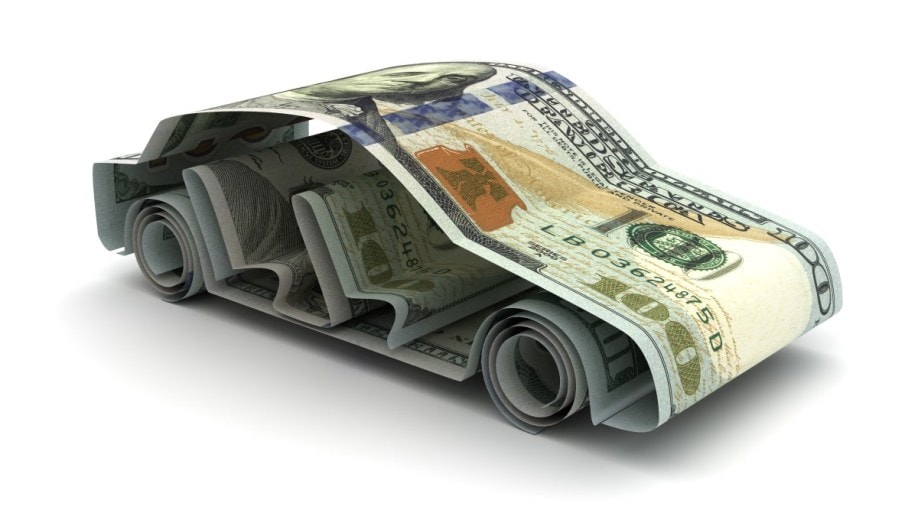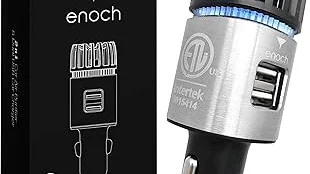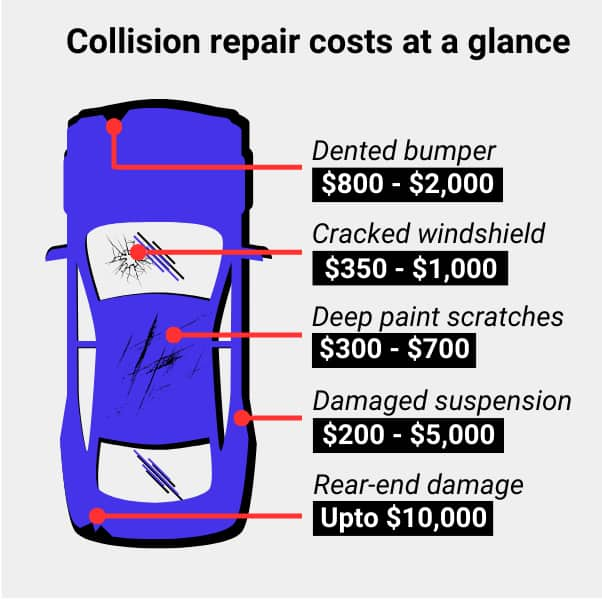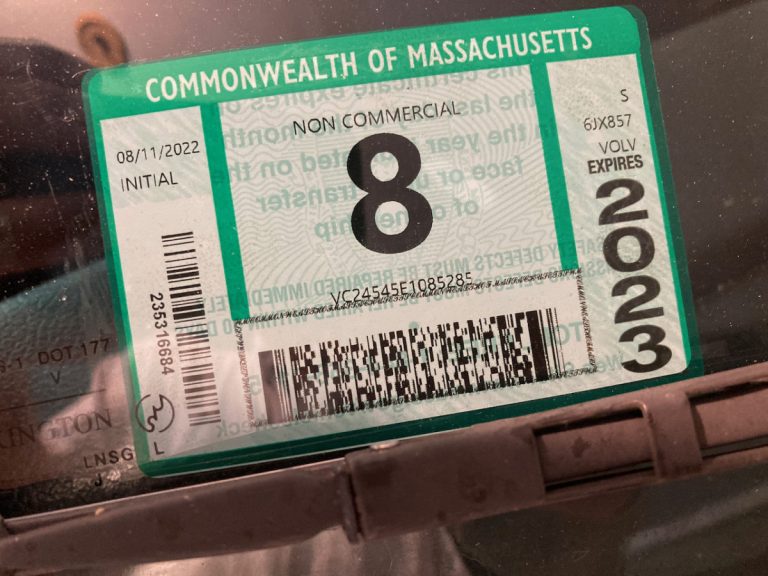How to Afford a New Car: Proven Strategies for Success
Buying a new car can feel overwhelming. High prices make it seem impossible.
But, with the right steps, you can make it work. Getting a new car is a big decision. It can strain your finances if you’re not prepared. But, there are ways to manage the cost. Understanding your budget and exploring financing options can help.
You don’t need to break the bank. Planning ahead and making smart choices can lead to affordable car ownership. This guide will show you practical tips. You’ll learn how to save, budget, and find the best deals. By the end, you’ll feel confident about affording your new car. Ready to start? Let’s dive in!
Setting A Budget
Check how much money you make each month. Subtract all your expenses. See what is left. This amount will help you know what you can afford. Remember to include all bills and regular costs. Check your savings. It is good to have some money saved for emergencies. You need to know your credit score too. It will affect the interest rate on your loan.
Decide how much you can pay each month. Do not forget to include insurance and fuel costs. Use online calculators. They help to see what monthly payments will be. Enter the loan amount, interest rate, and loan term. See the results. Make sure it fits your budget. Never spend more than you can afford. This way, you will avoid money problems.

Credit: www.kbb.com
Saving For A Down Payment
Start by setting aside a portion of your income each month. Create a dedicated savings account. This will help you build a down payment for a new car.
Creating A Savings Plan
First, set a clear savings goal. Know how much you need for a down payment. Open a separate savings account. It helps you track your progress. Automate your savings. Transfer a fixed amount each month. This makes saving easier. Next, cut back on small expenses. Every bit helps.
Cutting Unnecessary Expenses
Review your monthly bills. Cancel unused subscriptions. Eat out less often. Try cooking at home. It saves money. Limit impulse buys. Think before spending. Use coupons and discounts. They reduce costs. Sell items you don’t need. Extra cash adds up.
Exploring Financing Options
Bank loans can help you buy a new car. Banks usually offer fixed interest rates. This means your payments stay the same each month. You might need a good credit score to get a loan. Some banks ask for a down payment. This is a part of the car’s price you pay upfront. Look at different banks and compare their offers. Choose the one with the best terms.
Credit unions are another option for car loans. They often have lower interest rates than banks. Credit unions are usually non-profit. This can mean better deals for members. You might need to be a member to get a loan. Membership can be easy to get. Look at local credit unions for the best rates. Compare their offers with bank loans.
Understanding Credit Scores
Your credit report shows your credit history. It includes your credit accounts and payment history. This report affects your credit score. Check your report often. Look for errors. Mistakes can hurt your score. Fix any errors quickly. Contact the credit bureau. They can help you correct mistakes.
Pay your bills on time. Late payments hurt your score. Reduce your debt. High debt lowers your score. Keep old accounts open. They show a long credit history. Avoid opening many new accounts. Too many new accounts can lower your score. Check your credit utilization. Use less than 30% of your credit limit. This helps improve your score.
Comparing Car Prices
New cars often cost more than used cars. They have the latest features. They come with a warranty. Used cars can be much cheaper. They may have some wear and tear. It’s important to check their history. A new car loses value quickly. A used car has already lost some value.
Dealers sometimes offer incentives to buy new cars. These can include cash rebates. There might be low-interest financing. Sometimes, dealers give special discounts. It helps to ask about these deals. Make sure to shop around. Compare offers from different dealers. Incentives can make a big difference.

Credit: carbuzz.com
Negotiating The Best Deal
Check car prices online. Compare different sites. Get an idea of the average price. Know the market value of the car. This helps you bargain better. The more you know, the better you can negotiate. Look for deals and discounts.
Be polite but firm. Start with a lower offer. Be ready to walk away if needed. Dealers often come down in price. Stay calm. Don’t show excitement. Always ask for extras like free servicing.
Considering Insurance Costs
Always get multiple insurance quotes before buying a new car. Compare rates from different companies. Some insurers offer discounts for safe drivers. Others might have lower rates for new cars. Ask about all possible discounts. Bundle your insurance if you have home or other vehicles insured. This can reduce your overall cost.
Choose coverage that fits your needs. Basic coverage is cheaper but may not cover all damages. Full coverage includes more protection but costs more. Deductibles affect premiums. Higher deductibles mean lower monthly payments. Consider your budget and driving habits. If you drive less, you might need less coverage. Consult with an insurance agent to make the best decision.

Credit: www.cnbc.com
Evaluating Long-term Costs
Consider the long-term costs when buying a new car. Evaluate expenses like insurance, maintenance, and fuel efficiency. These factors impact your budget.
Maintenance And Repairs
Regular maintenance keeps your car in good shape. This includes oil changes, tire rotations, and brake checks. Unexpected repairs can be costly. It’s wise to save money for such events. Warranty coverage might help with some expenses. Check if your car has a warranty.
Fuel Efficiency
Fuel costs add up over time. Cars with better fuel efficiency save money on gas. Look for cars that use less fuel per mile. Hybrid and electric cars can also cut fuel costs. Compare different models to find the most efficient one.
Frequently Asked Questions
What Is The 20 3 8 Rule For Buying A Car?
The 20/3/8 rule suggests a 20% down payment, a 3-year loan term, and monthly car expenses under 8% of your income.
How Much Do I Need To Make To Afford A New Car?
To afford a new car, aim to spend no more than 15% of your monthly income on car payments. Ensure your total car expenses, including insurance and fuel, don’t exceed 20% of your income. Calculate your budget based on these percentages to determine your affordability.
What Is The Best Way To Afford A New Car?
Save for a down payment, explore financing options, and compare loans. Consider buying used or certified pre-owned cars.
How Much Car Can I Afford On A $60,000 Salary?
You can afford a car costing around $15,000 to $20,000 on a $60,000 salary. Aim for a monthly payment of 10-15% of your income.
Conclusion
Affording a new car is possible with careful planning. Set a budget first. Save consistently and consider a side job. Explore financing options like loans. Always compare deals before buying. Be patient and informed. This way, you can drive your new car without financial stress.
Enjoy your journey to new car ownership!







